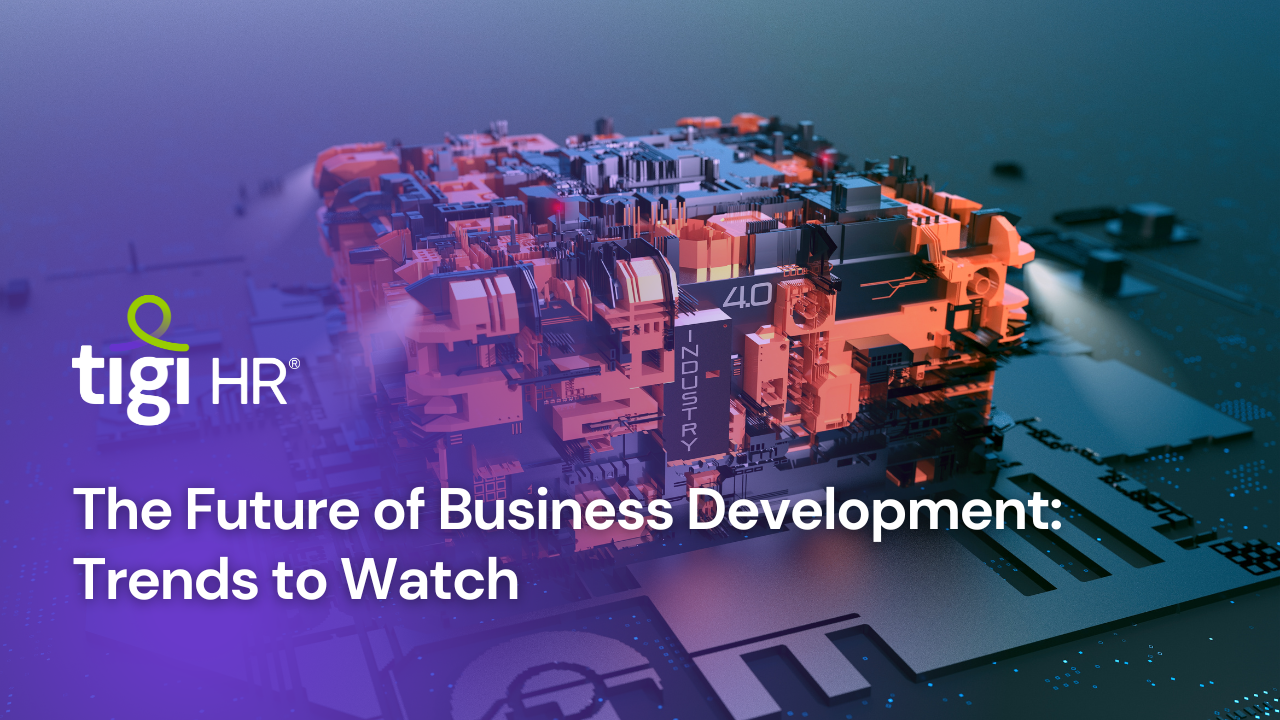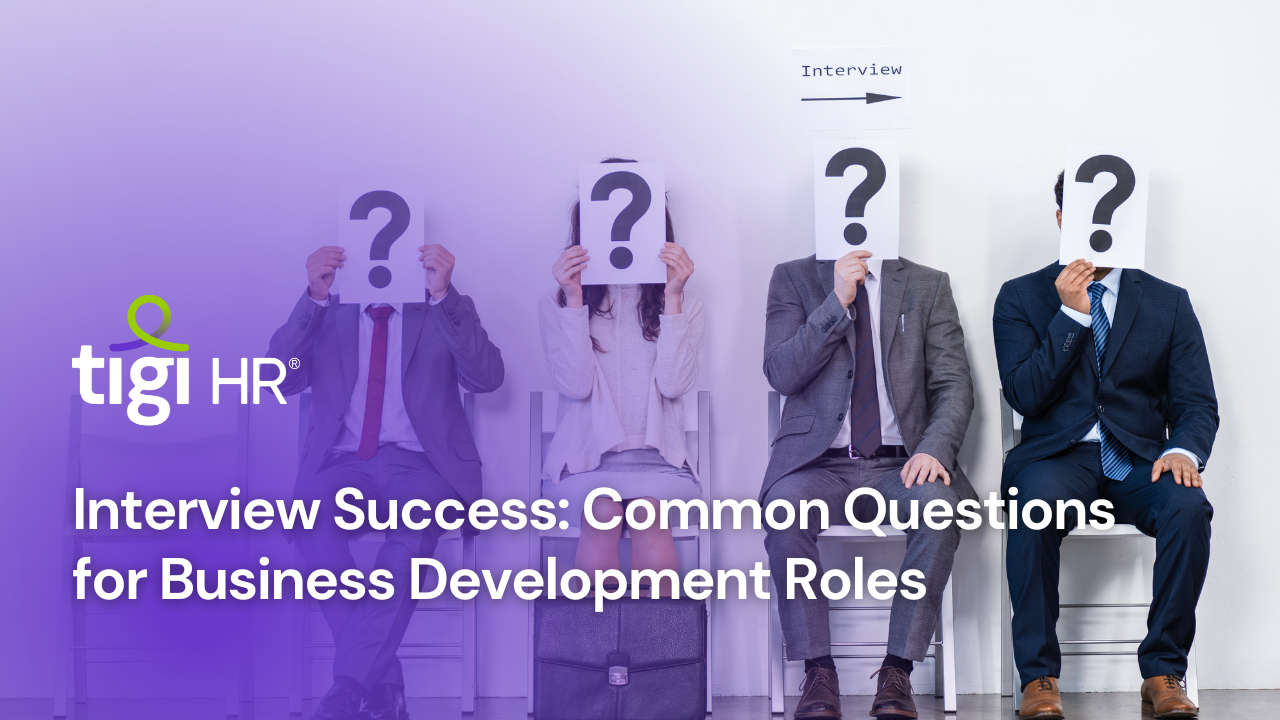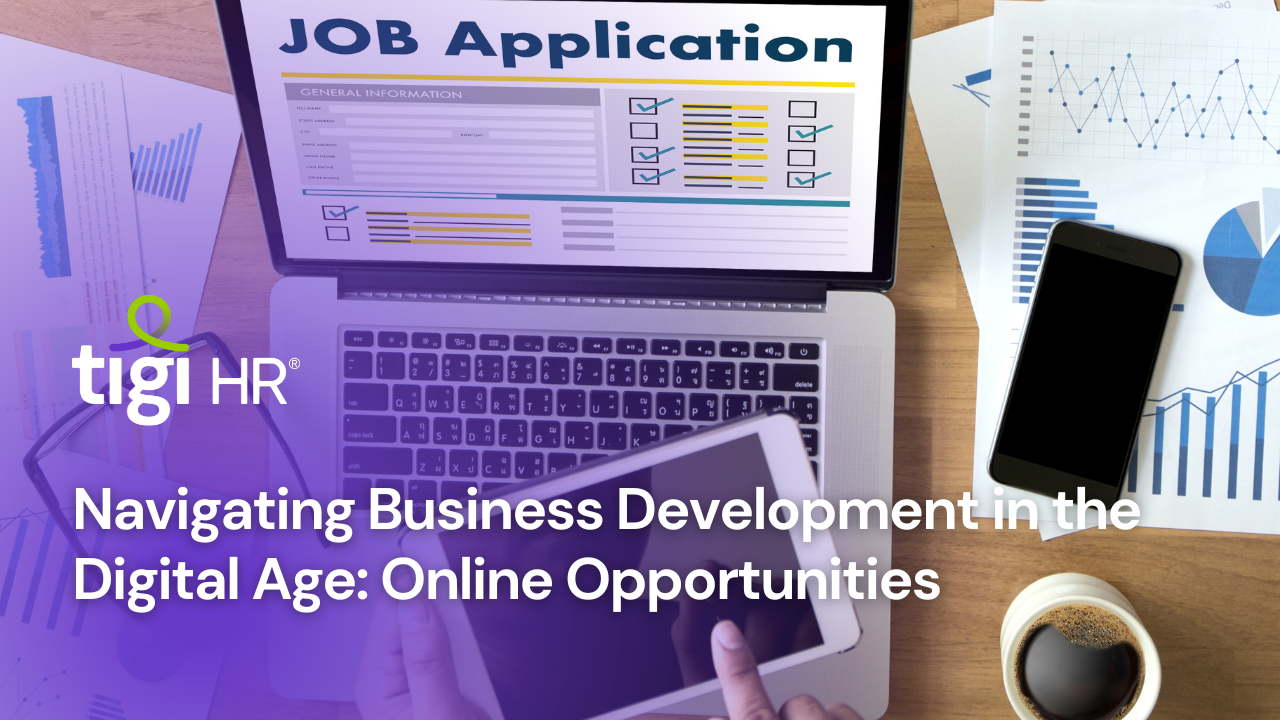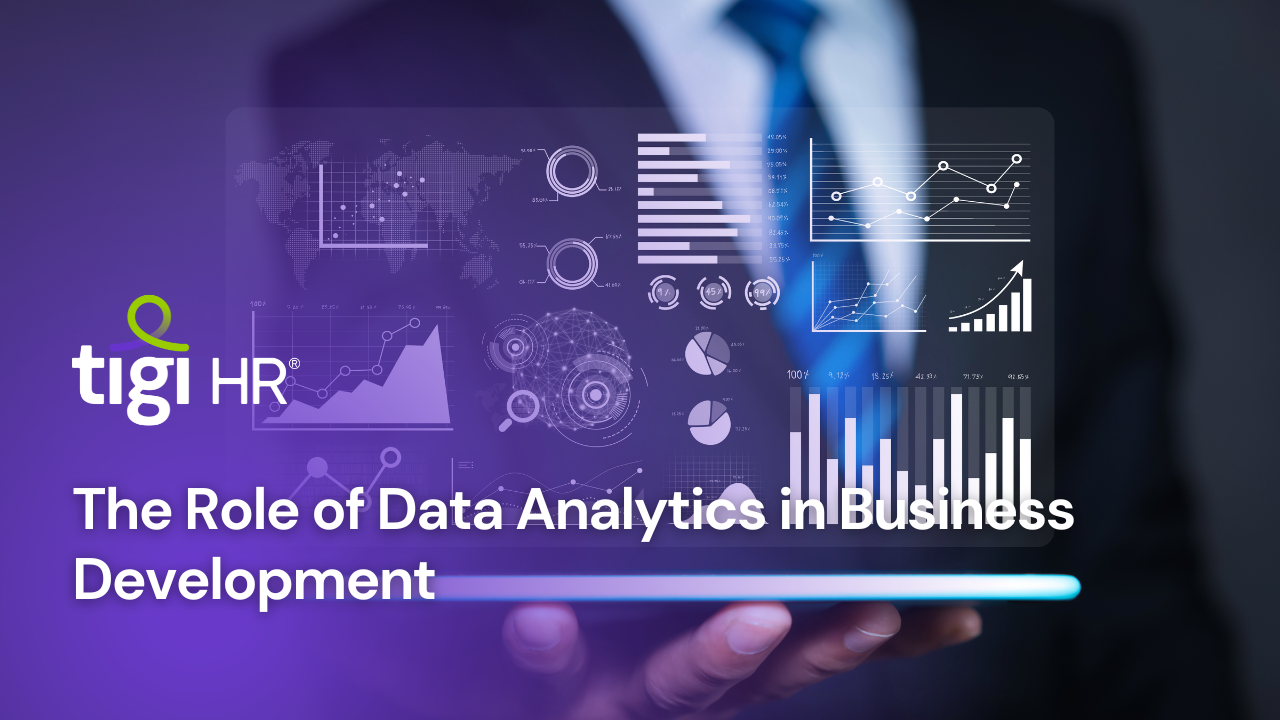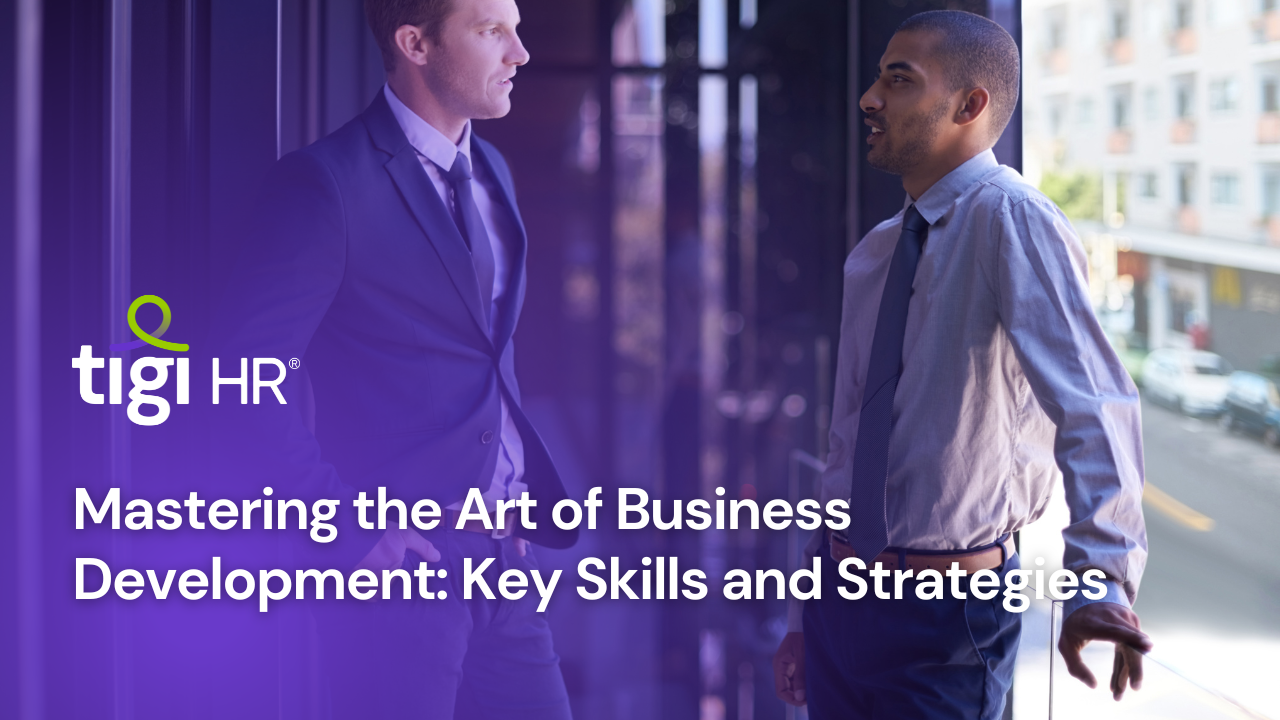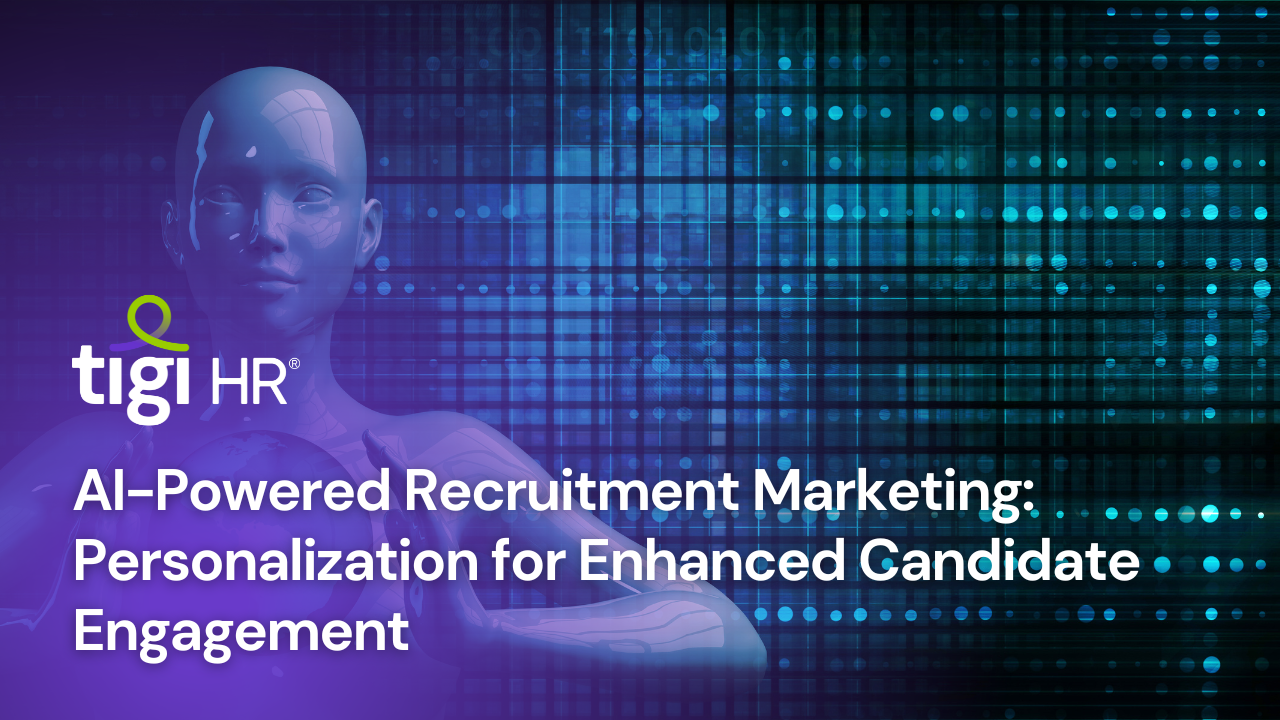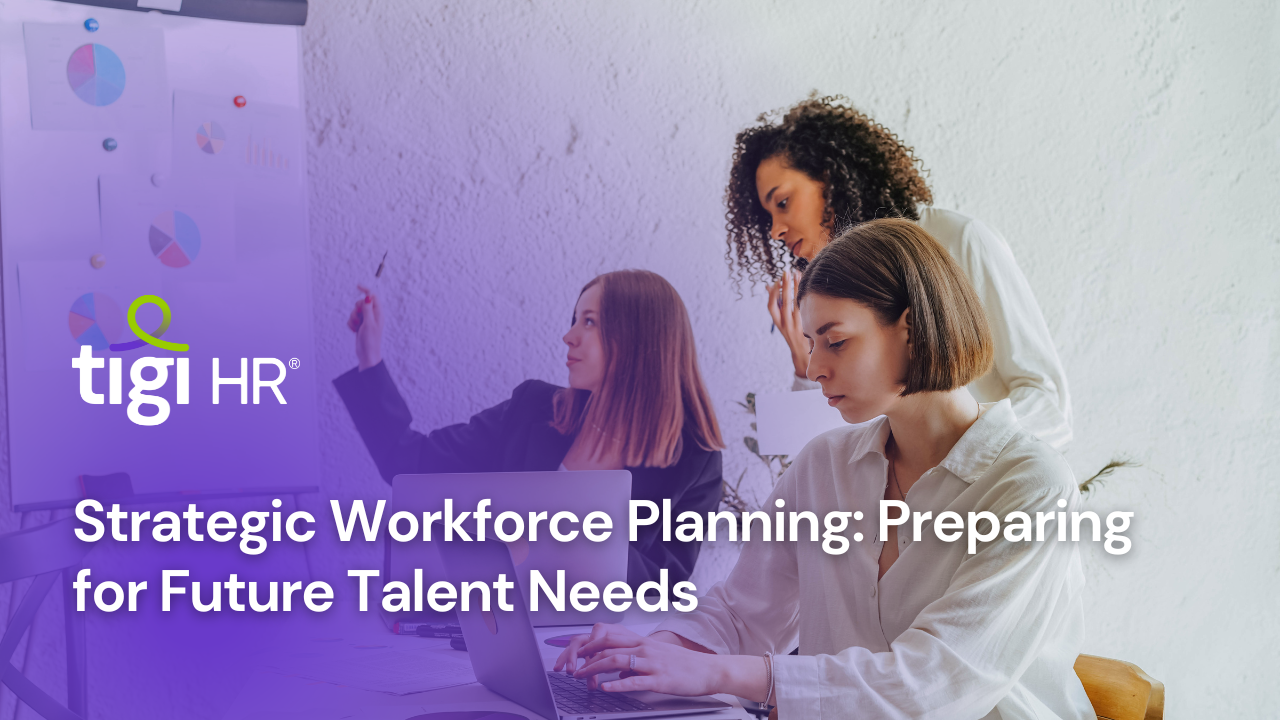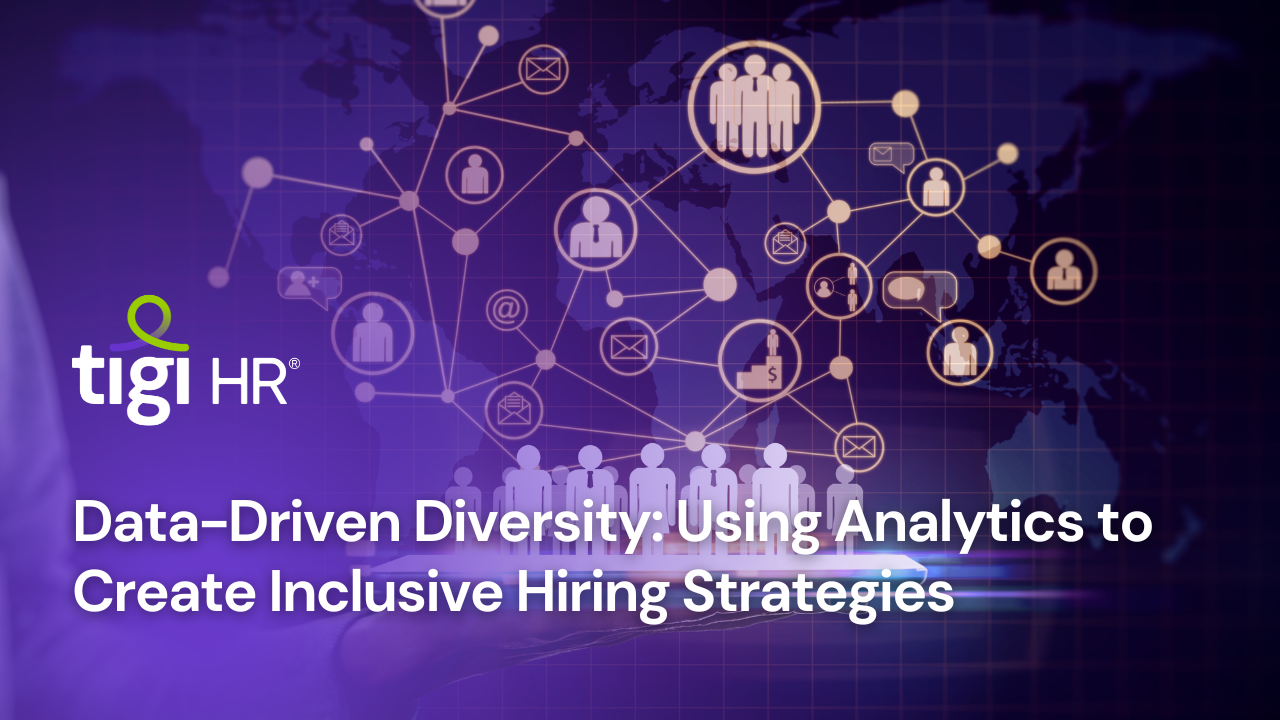In today’s fiercely competitive job market, simply submitting resumes and applications isn’t enough to secure your dream job in business development. With the ever-increasing role of technology, networking has emerged as a critical strategy for not only finding job opportunities but also for building a thriving career. This article delves into effective networking strategies that can help you land that coveted business development role you’ve been dreaming of.
1. **Harnessing the Power of Online Networking Platforms**
In the digital age, online networking platforms like LinkedIn, Indeed, and Glassdoor have become indispensable tools for job seekers. These platforms provide a fertile ground to connect with professionals, share insights, and unearth hidden job prospects.
2. **Making the Most of Industry Events and Conferences**
Face-to-face interactions remain invaluable in the world of networking. Attending industry events and conferences allows you to meet potential employers, experts, and like-minded peers. It’s all about being prepared, approachable, and skilled at exchanging contact information.
3. **Leveraging Alumni Networks**
Don’t overlook the power of your alma mater. University alumni associations can be treasure troves of networking opportunities. By participating in alumni events, seeking mentors, and tapping into the collective wisdom of graduates, you can strengthen your network significantly.
4. **Volunteering and Professional Associations**
Volunteering in industry-related events and joining professional associations can yield multiple benefits. Not only do you get to contribute to your community, but you also gain access to a network of professionals who share your passion and interests.
5. **Exploring Your Existing Network**
Your existing network of friends, family, and acquaintances can be a goldmine of connections. Let them know about your job search, attend social gatherings with a networking mindset, and consider joining local business groups to expand your circle.
6. **The Art of Follow-Up and Relationship Maintenance**
Building a network isn’t a one-time affair. It’s an ongoing process that involves nurturing and maintaining relationships. Sending thank-you notes, staying in touch, and offering value to your connections are essential components of successful network building.
**Statistics and Insights:**
– LinkedIn reports that a staggering 85% of all jobs are filled through networking, highlighting its paramount importance in the job search process.
– A study by the Pew Research Center reveals that 56% of professionals consider networking to be the most effective way to secure a job, emphasizing its significance in the modern job market.
– According to the Bureau of Labor Statistics, business and financial occupations are projected to grow by 8% from 2020 to 2030, underscoring the need for effective networking in a competitive landscape.
In a world where business development roles are highly sought after, networking isn’t just a tool; it’s a strategic approach to success. It’s the key to unlocking doors, gaining insights, and securing that dream job in the dynamic field of business development. So, as you navigate your career journey, remember that your next opportunity might just be a handshake or a LinkedIn connection away.


